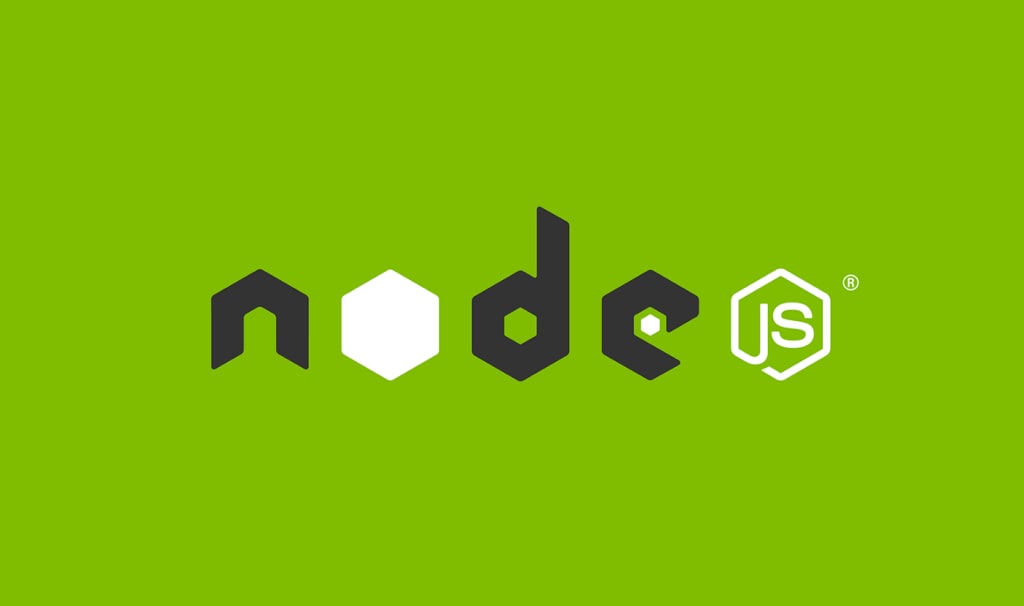Node.js Development Tools: 10 Best picks for 2022
Explores 10 of the best Node.js Development Tools for 2022

Node.js Development Tools have come a long way since their inception in 2009 by Ryan Dahl, and they have seen widespread adoption by both startups and enterprises since then. However, when evaluating Node.js Development Tools, which ones are the best?
This article explores 10 of the best Node.js Development Tools for 2022, as well as their strengths and weaknesses to help you make an informed decision when selecting Node development tools that work best for your business needs and your budget.
1. Mocha.js
The Mocha.js framework is a popular JavaScript testing platform. It supports browsers, Node.js and more, including popular test frameworks such as Jasmine and Chai.
In addition to ease of use, one of its strengths is that it can be extended with custom modules for specific needs - something that definitely appeals to developers looking for flexibility in their tools.
Finally, Mocha uses an asynchronous approach, which means tests can run much faster than they would using conventional synchronous approaches.
2. Chai
Chai is an assertion library that offers fluent, expressive syntax and works in any test framework. It has built-in support for jQuery, making it extremely easy to use Chai with existing code bases and libraries.
Chai was designed from day one to support ES6+, which makes it even easier to use new language features in your tests now. Plus, as a free bonus, you can also run JavaScript code inside your BDD tests! Be sure to check out chai-jquery if you want super-easy Chai testing of asynchronous code like AJAX requests or other DOM interactions - be sure to check out Chai’s Wiki pages for all sorts of great info on how you can customize Chai with all sorts of plugin options!
3. Express.js
In its simplest form, Express.js is a Node.js web application framework that provides a robust set of features to help you build web applications and APIs. Its goal is to handle as much as possible so that developers can get up and running quickly, but also be flexible enough to use any technology they want on their apps.
You'll be able to easily structure your app into directories or packages with subdirectories, access database connections through simple objects, and handle file uploads easily—and all of these are just some of Express' many features.
It's ideal for developing APIs or creating a website where you don't need full-blown MVC frameworks such as AngularJS; instead, it gives you a more traditional development experience with hooks into Node's event-driven ecosystem.
4. WebStrom IDE
WebStrom IDE is an online integrated development environment, or IDE, that you can use to code in Node.js and other programming languages from any computer or device with a web browser installed.
Unlike traditional IDEs that require software installation on a local computer, WebStrom lets you create and edit your code from anywhere and it offers seamless collaboration features so you can work with others at no extra cost. It also supports version control systems like Git and Mercurial so you can keep track of changes to your project files over time.
5. Socket.io
It is an open source library that makes it easier to create real-time web applications by using web sockets with Node.js; it uses a single TCP connection and can use any transport layer protocol underneath, such as websockets, long polling or JSONP Polling.
Socket IO helps you to create dynamic and fast web applications by writing less code in comparison with other similar technologies like Ruby’s Eventmachine or Python’s Twisted Web..
6. Webpack
Webpack is one of Node’s most popular module bundlers, built to help developers optimize their applications. Since it’s designed to support server-side code as well as front-end assets, Webpack is an essential Node tool in many applications.
Webpack also helps create dynamic and static asset bundles with different combinations of your code depending on end-user needs, so it can be useful regardless of whether you have a back-end framework or if you prefer more traditional web development styles.
In 2022, Webpack will continue to be vital for many JS developers who want to optimize their production apps and packages efficiently—and thanks to its popularity, there are already plenty of great third-party plugins and addons available that extend Webpack’s functionality even further.
7. BlueBird.js
Bluebird is a fully featured Promises/A+ implementation with excellent performance characteristics and good native interoperability. Its focus is on being feature complete, performant, and compatible; it does not attempt to be more than that.
The library does not feature any 3rd party dependencies. This avoids potential conflicts between Bluebird and other libraries/frameworks which might rely on different versions of those dependencies.
Bluebird’s only runtime dependency is a relatively small polyfill called Core-js which features some of ES6’s most popular features like Object.assign . It also uses UMD for module support, allowing Bluebird to work with AMD, CommonJS and Node’s built-in modules.
8. PM2
This is an extremely useful tool that has now become a default Node.js tool in many companies’ infrastructure, mainly because it’s easy to use and configure and because it provides extremely powerful features. PM2 can be installed from npm using a simple command: $ npm install -g pm2. This is all that is needed to set up PM2 on your computer, meaning there are no tedious installation procedures and no need to run any scripts manually once you’ve installed PM2 on your computer.
9. Electrode.io
No matter which stack you’re using, be it .NET, Java, or Node.js, Electrode is ready to help. Designed with cloud computing in mind, Electrode aims to deliver a world-class user experience at every level of application development.
Whether you want to deliver services via Node.js or build responsive web applications with AngularJS or Ruby on Rails. With Electrode, developers and organizations can spend more time building and less time managing their infrastructure and application data.
10. Meteor.js
Meteor is one of those tools that’s big in part because it’s different. JavaScript is most commonly run client-side, and Meteor is written in such a way that you don’t have to choose between using it as a standalone JavaScript tool or incorporating it into an existing server architecture.
So while many developers love Meteor because it gives them the best of both worlds, some also find its quirky approach to web development a bit confusing. If you're looking to build an MVP or just get your feet wet with Node.js development, Meteor might be worth a look. Just be prepared to do some additional tinkering if things seem overly complicated at first glance.
Conclusion
The above list of tools is not a definitive one and is, in fact, highly subjective. So, feel free to try them out and also choose your own favorites as well. If you’re looking to hire Node developers to help you with some specific project (or all of them!) – just let us know!
As a word of advice – having a solid team behind your business will make or break it, so be sure to hire Nodejs developers which are the best before choosing your solution stack and development process! Good luck!
About the Creator
Amy Parker
Hey, I am a technology consultant at AppsDevPro, a leading Mobile & Web development company that offers offshore mobile, web, frontend, full-stack developers. I have 18+ years of experience in writing.






Comments
There are no comments for this story
Be the first to respond and start the conversation.